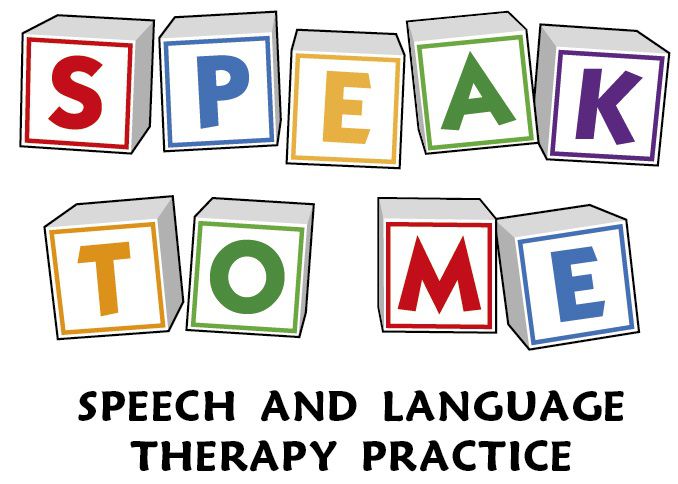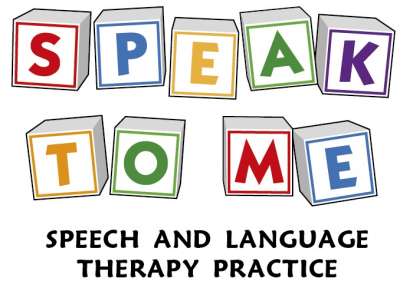Does My Child Need Speech-Language Therapy?
- 22 September 2018
- Rosie Dwyer

Does My Child Need Speech-Language Therapy?
Unless you’ve had speech-language therapy (often referred to as SLT or speech therapy) yourself as a child, not many people know what a speech-language therapist does and therefore when they might be needed for your child.
What is a speech-language therapist and what do they do?
A speech-language therapist offers communication assessments for children of all ages; babies, toddlers, pre-schoolers, school aged children, and adolescents. They can assess your child’s communication (understanding of language, vocabulary, and use of words in sentences/conversational speech), articulation (speech sounds and how clear your child is) stuttering, social skills, and literacy. Assessment may be play based or can use formal standardized tests. The speech-language therapist will let you know how your child’s communication is developing compared to their peers and will give you some helpful tips or activities to practice at home.
Signs that your child may be having difficulty with their speech or language:
All children develop at different rates and therefore when looking at communication norms there may be a lot of variation in what is considered ‘normal’. As a speech therapist I find it easiest to look at the whole picture of the child’s communication when deciding whether speech-language therapy may be beneficial. Here is a checklist of common questions I will ask families when they first call to have a chat:
• Are you finding it hard to understand your child?
• Are other people (adults, the child’s friends) finding it hard to understand your child?
• Is your child starting to get frustrated and having more meltdowns as they aren’t being understood?
• Has your child had their hearing tested recently?
• Is your child having difficulty following instructions?
• Is your child using less words/sentences than their peers?
• Is your child stuttering on numerous occasions throughout the day?
• Does your child’s play seem different to their peers or unusual in any way?
• Is your child finding it hard to make friends?
• Is your child falling behind at school with reading and writing?
We want children’s communication to develop consistently, and for it to always be growing and improving. By the age of three most pre-schoolers are easy to understand, they can follow longer instructions and they can use a variety of sentences to tell people stories.
What is normal for speech and language development?
Here are our speech and language norm sheets, which will give you a guideline as to how speech and language skills should be developing in children.
• Articulation Norms
• Phonology Norms
• Receptive Language Norms
• Expressive Language Norms
Why is speech and language so important?
Communication is a vital part of everyday life. It is our key to expressing ourselves in a healthy way and in forming lastly meaningful relationships with others. With that being said, of course we want this for our children. We want them to be the best communicators that they can possibly be and sometimes they may need help in achieving this goal. This is where speech-language therapy comes in, and this is why I love my job so much. It is amazing seeing the children we work with, develop to their truest potential and seeing the joy in effective communication for themselves.
Best wishes,
Rosie Dwyer | Speech-Language Therapist
